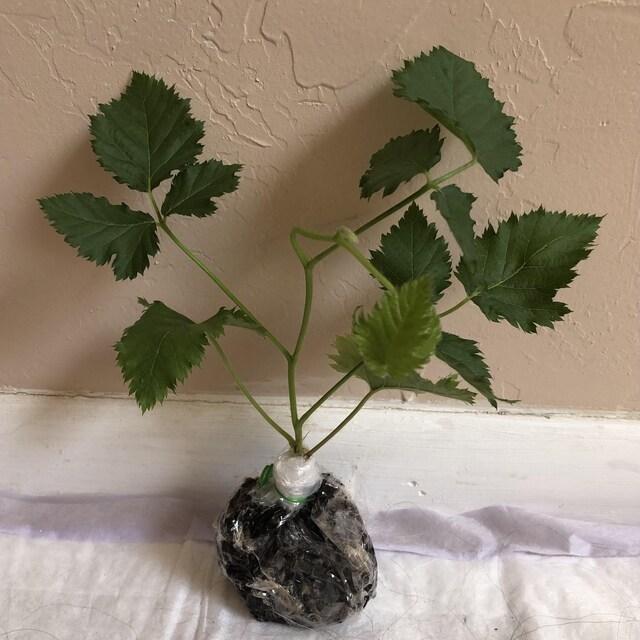nurserygreenspace13@gmail.com
Barajirakpur, Basirhat
+91-7908052462


Blackberry Plants
Description
About Plants:
Height: 1-1.5 Feet
Variety:Non Specific
Age: 3-4 Months
Type: Cuttings
Color:Black
Use: Home Garden / Farming Purpose
Apply In: Soil Outdoor
Benefits & Description About Product:
Blackberry plants (Rubus fruticosus) are perennial shrubs with thorny, woody canes that are either erect, semi-erect, or trailing. They feature lobed, serrated leaves and produce clusters of white or pink flowers that develop into the familiar aggregate fruits. The fruits, technically composed of many small drupelets, are popular for their sweet-tart taste and are rich in vitamins, antioxidants, and polyphenols, making them both nutritious and a culinary favorite.
Plant Characteristics
Canes:These woody stems are typically covered in thorns, though thornless varieties exist, and can grow upright, arch, or trail along the ground.
Leaves:Blackberry leaves are compound, meaning each leaf is made up of multiple smaller leaflets, usually three or five, with jagged edges.
Flowers:Borne in clusters, the flowers have five petals and can be white, pink, or sometimes red.
Fruit:The blackberry itself is an aggregate fruit, which is made up of many individual juicy components called drupelets that stick together to form the recognizable berry.
Growth and Environment
Sunlight:Blackberry plants thrive in full sun but may benefit from some afternoon shade in very hot climates.
Soil:They require well-drained soil, and improving the soil with organic matter can greatly benefit plant health and fruiting.
Propagation:These plants can be propagated through cuttings or suckers, allowing gardeners to expand their blackberry patches.
Nutritional Value
Blackberries are a great source of vitamins (like C and niacin), minerals, fiber, and antioxidants.
They also contain beneficial compounds known as polyphenols, including anthocyanins and ellagitannins, which contribute to their health benefits and color.
